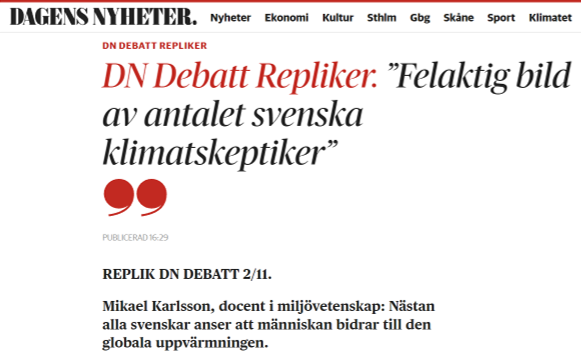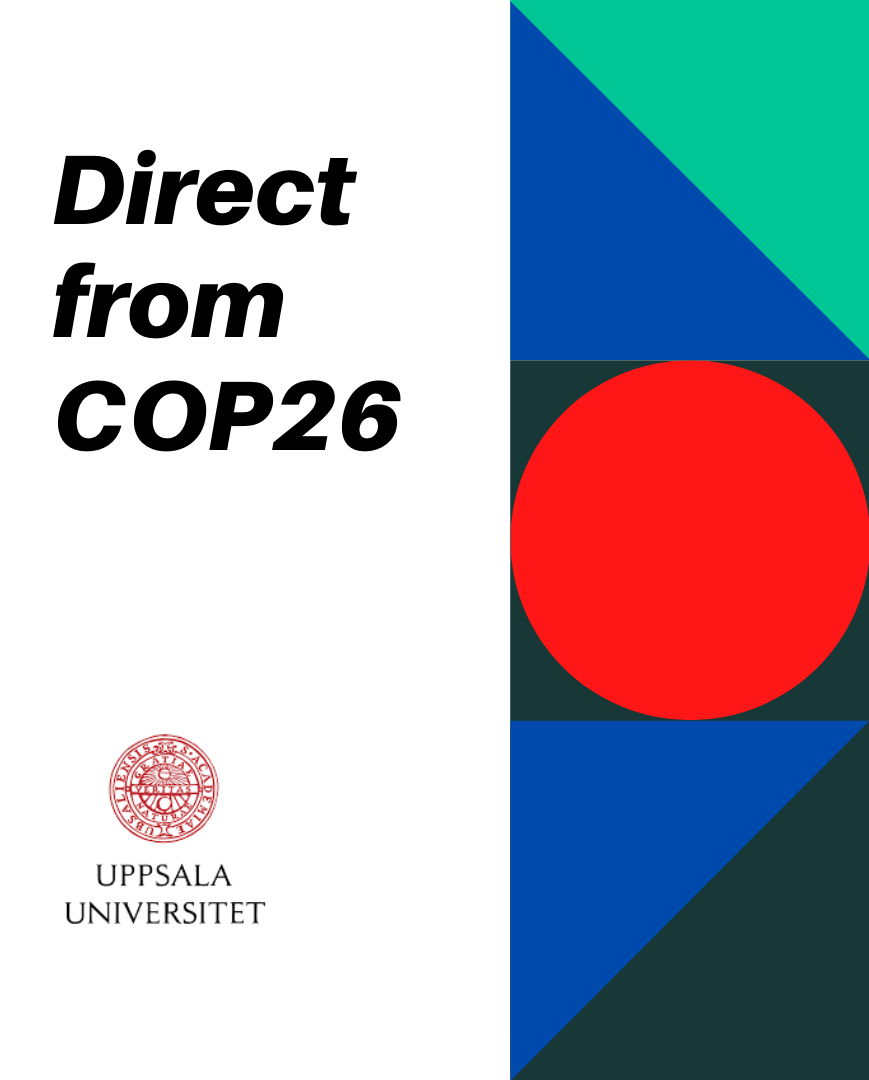Background
Over the past decade alone, extreme weather and climate-related disasters have resulted in the deaths of more than 410 000 people. The UNFCCC defines as the harms that stem from a combination of these sudden-onset events and slow-onset processes (like sea level rise) as ‘Loss and Damage’ (L & D). Sudden onset process include the lkes of flooding and wildfires, whilst slow-onset include the likes of sea level rise. Consequences of the both can include loss of land, life and large scale migration. However, it’s crucial to recognise that a fundamental part of Loss & Damage is also the loss of identity and culture.
There were a number of expectations for the Glasgow summit to unlock the political stagnation that has mired Loss and Damage talks in previous years, to meet the needs of the climate vulnerable, in the form of specific finance and compensation, technical support capacity building; and averting or at least minimising, further loss and damage. Loss and Damage has been a sticking point when framed in the context of climate debt, climate justice and moral responsibility – vulnerable countries argue that much like the context of war reparations, financial compensation is due them, due to the historical responsibility of the Global North in contributing to climate change. Many nations in the Global North however, have been resistant to making such financial contributions, fearing it will open them up to unlimited claims for damages. One important consideration for many Loss and Damage advocates here is that these contributions are not framed as charity handouts, but moreover, the paying of a debt.
The critical elements that were tabled for Loss and Damage talks during Glasgow included operationalising the Santiago Network on Loss & Damage (SNLD), a process led by G77 and China. Established in COP25 as a mode of offering technical support to non-Annex 1 countries, going into SNLD required definition and substance, in the form of a clear structure, mode of governance, financial feed, clear set of activities and communication. Another focus was to decide where to legally ‘store’ the COP19 Warsaw Implementation Mechanism (WIM) for Loss & Damage which has legal and practice ramifications for accountability and transparency. The call to label L & D as a permanent agenda idea since COP23 will continue, in quest to provide greater discussion space for L & D. Advocation has also been made to include L&D as a core element in every country’s climate plan, in the same ways as NDCs are.
And then the million (s) dollar question included sourcing adequate and secure financing arrangements for Loss and Damage, through avenues including but not limited to Green Climate Fund. It is estimated that by 2030 the costs of L & D will be conservatively in the realm of 580 billion per year. L & D has typically received far far less financial support compared with adaptation finance, which in terms still receives vastly less than mitigation finance. The push from developing a call to establish a compensation fund for Loss & Damage has long been called for by vulnerable countries and civil society where, for example, high emitters (state and non state actors) would pay into a compensation fund. The campaign #PayUp4LossandDamage has been one of the strongest campaigns and focus points in Glasgow, something that many in corridors have reflected as quite the turn around in recent years,
So, heading into the final hours of COP26, or so we hope, where are we on Loss and Damage and what is the crux of the deals that need to be struck in the coming day? Here are the key takeaways.
The Outcomes we know
When it comes to form and function of the SNLD, the functions are agreed, but the form has been deferred to June intersessional. WIM governance questions remain contentious, with a tension over whether the WIM should be ‘stored’ under the COP (the preference of the G77 and ) or CPA (Paris Agreement, the preference of many in the Global North). Where the WIM is stored holds repercussions for accountability mechanisms. These decisions have been deferred to COP27.
When it comes to finance, Scottish Prime Minister Nicola Sturgeon headlined COP26 early on with a 1 million pound fund pledge exclusively for Loss and Damage, only to double that figure on Thursday evening. However despite the vastly popular reception from SIDs, LDCs and civil society, she cuts a lonely figure with this pledge – no other countries have followed suit.
The Outcomes still in Play
The G77 and China have tabled what is being referred to as ‘Glasgow Loss and Damage facility,’ a financial facility that would money would flow into. This would act as a delivery vehicle for funds raised now and into the future. There has been support from 130 nations, who in turn represent 85% of the global population. However, there has been significant push back behind closed doors from the likes of the EU and US. The initial draft of the so called COP26 cover decision text, which tables the key conference outcomes of this COP, initially explicitly referred to this facility. However, in the second iteration this reference was removed, to the dismay of many.
Discussions around how to separate financial flows between a. funding the coordinating body for L & D finance b. funding the actual L & D reparations themselves have been a source of debate and delay.
In a tale of good news, Philanthropists have offered funds to initiate any prospective Loss and Damage Facility, taking the responsibility for reparations beyond that of solely state actors. This sum is just the tip of the iceberg, and should by no means assuage the responsibility of state actors in financing Loss and Damage, nor structural mechanisms that see it built into long term agreements and commitments.
One thing is clear going into the weekend. As the negotiations run further and further overtime, this becomes more and more of an inclusivity concern, a concern that has plagued COP26. For those with pre-booked travel, high rebooking costs and visa extentions blocking many wiht most at stake from staying longer.
With both sides of the able strongly drawing lines, when the final ball lands remains to be seen.
More to come…
You can read more about Loss & Damage at COP26 here and here.



